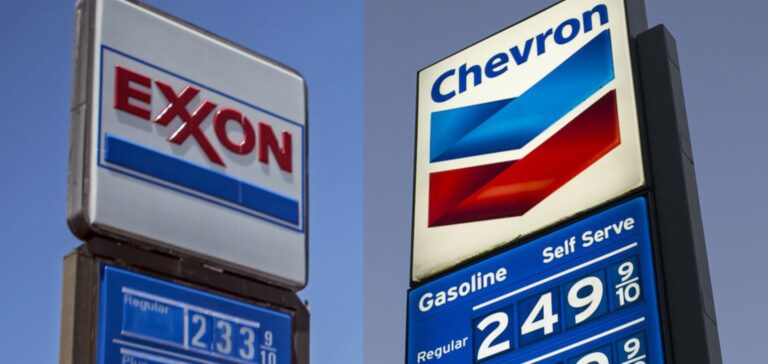The two largest U.S. oil companies, Chevron and ExxonMobil, are testing renewable gasoline blends that they claim can reduce emissions from conventional cars to levels competitive with electric vehicles (EVs).
A new essence from plants
According to the companies, these fuels could extend the life of the gasoline market as part of the global transition to cleaner energy and electric vehicles. The results of tests conducted in partnership with Toyota, using renewable gasoline partially made from soybeans or other non-fossil sources, were released in recent days.
The blends could be used by the existing U.S. auto fleet as well as by gas stations, the oil majors said. However, the cost of these blends will depend on favorable government policies, according to Exxon, which added that it could take years before this renewable fuel is available at the pumps.
75% reduction in emissions compared to conventional gasoline
Chevron and Exxon have stated that electrification is not the only answer to reducing car emissions. Although companies use different metrics to measure emissions, Exxon has claimed that its renewable gasoline could reduce emissions by up to 75% compared to conventional gasoline on a lifecycle basis.
Chevron said its blend was more than 40% less carbon intensive than traditional gasoline, including the carbon intensity of vehicle manufacturing. A carbon tax would be the most effective way to scale for renewable gasoline, but not all jurisdictions are ready for that, said Balaji Krishnamurthy, Chevron’s vice president of strategy and sustainability.






















